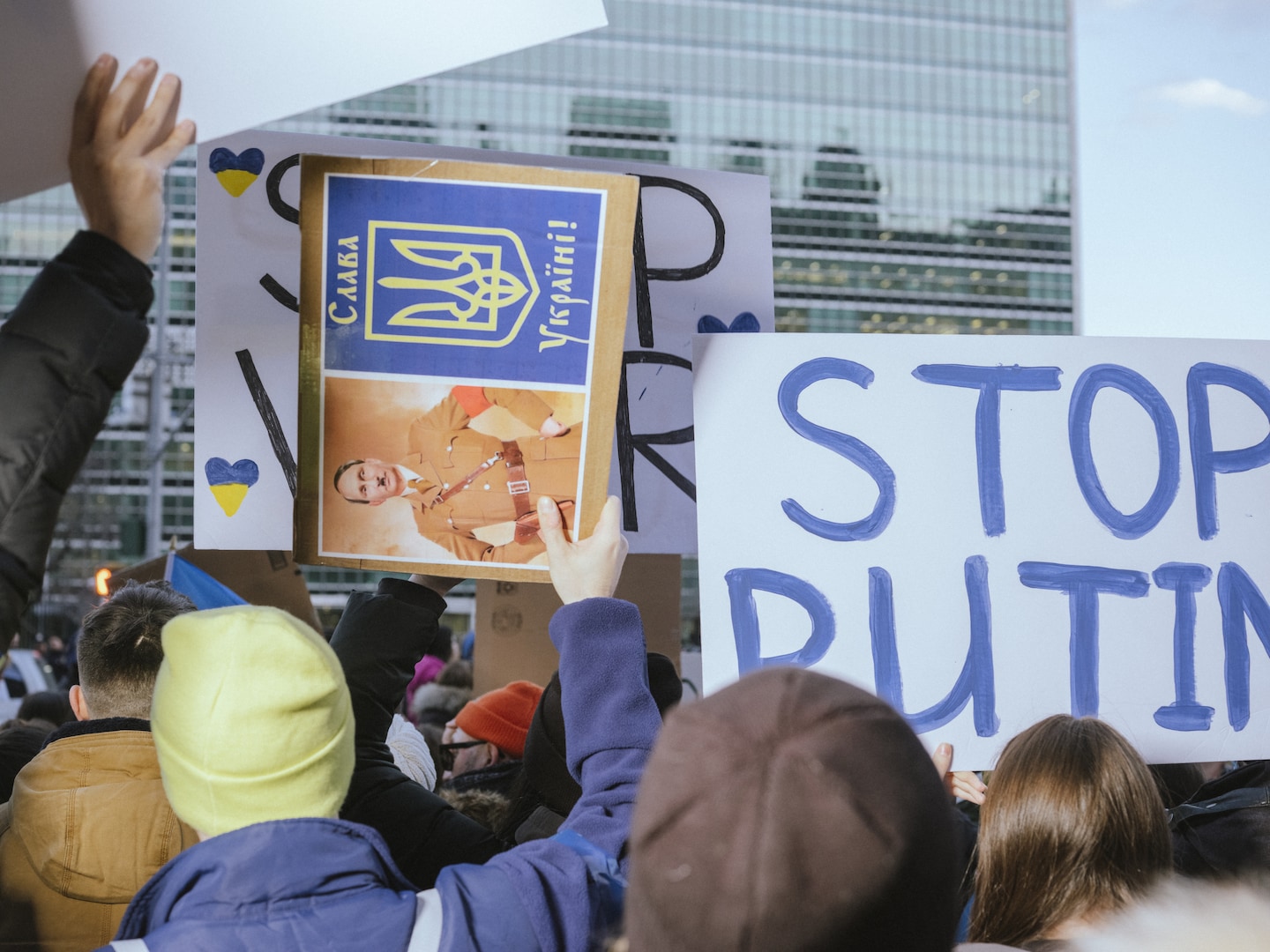Facebook bans Russian state-media in Europe

The announcement came after Facebook disclosed late Sunday that it had disrupted a Russian disinformation operation targeting Ukraine, one of the first official confirmations of such a campaign since the invasion of Ukraine last week. In addition, it said it blocked efforts by a hacking group that in recent days attempted to compromise the accounts of prominent Ukrainians.
Facebook, which recently changed its name to Meta, has been contending with escalating efforts by Russian authorities to slow down or block people from using its services in Russia over the last several days. Russia announced that it was placing limits on users’ abilities to access Facebook last week in retaliation for Facebook clamping down on Russian state-controlled media services. Facebook said the Russian government retaliated because Facebook had fact-checked misinformation published on state-owned media pages on its site. Facebook then blocked Russian state-controlled media outlets from running advertising, as has YouTube, which belongs to Google.
The European Commission said it would ban Russian state outlets this weekend. Facebook has also faced demands from its employees to further restrict state-owned media, according to a person familiar with the discussions who spoke on the condition of anonymity to describe sensitive matters.
Channels and accounts controlled by Russian government-sponsored media services such as RT and Sputnik command tens of millions of followers around the globe, and Russia sees them as critical for spreading information that bolsters the government’s priorities. Banning these channels is likely to provoke further retaliation on the part of Russia, experts say, initiating a complete shutdown of social media services that dissidents and others rely on to communicate with one another, particularly during times of crisis.
The influence operation Facebook said it disrupted involved 40 accounts and pages on Facebook and its photo-sharing service Instagram that pretended to be associated with news outlets in the Ukrainian capital of Kyiv.
This small operation, Facebook said, ran a handful of websites masquerading as independent news outlets and published claims about the West betraying Ukraine and Ukraine being a failed state. The accounts had fewer than 4,500 followers on Facebook and Instagram combined.
The company said the network had ties to two media organizations in the Crimean region, a part of Ukraine that Russia has occupied since 2014. The two media organizations, NewsFront and SouthFront, have both been sanctioned by the U.S. government for trying to sow disinformation during the 2020 U.S. election on behalf of the Russian government. The U.S. government has said the organizations both have ties to Russian intelligence services and had pushed false narratives about fraud in the 2020 election and about the coronavirus. Facebook took action against these services in 2020 for sowing disinformation.
Facebook also said it had notified its counterparts at Twitter and YouTube because it said it discovered that the disinformation network had also operated on their services, as well as on Telegram and the Russian platforms Odnoklassniki and VK.
Facebook also said that it was enhancing privacy protections for Russian citizens, including allowing people to lock their accounts and removing the ability to view and search people’s friends lists. The company had added these privacy protections for Ukrainians last week and is now adding them for Russians in response to reports of civil society groups and protesters being targeted.
More than 350 civilians have died and 1,684 have been wounded since Russia launched a full-scale invasion of Ukraine four days ago, the Ukrainian government said Sunday.
The company also said that it had taken action against a hacking group called Ghostwriter, which had successfully targeted Ukrainian military, journalists and other public officials. The hacking group typically targets people by sending malicious links to their emails and hoping they click on it, allowing the group to take over their social media profiles.
Facebook said it had detected attempts to get the compromised social media accounts to post YouTube videos portraying Ukrainian troops as weak and surrendering to Russia, including a video claiming to show Ukrainian soldiers coming out of a forest while flying a white flag of surrender.
Facebook’s services, which also include WhatsApp, continued to be blocked or slowed down over the weekend in Russia, causing users there to switch to Telegram, according to a person familiar with the situation in Russia, who spoke on the condition of anonymity because of safety issues.
Netblocks, the civil society group that monitors Internet traffic worldwide, reported late Sunday that Facebook had been severely restricted by Russian Internet providers, making it so that content either no longer loads or loads extremely slowly, the group said. People can use special software to bypass some of the restrictions, Netblocks said, but most people do not have access to it.
Clegg tweeted Sunday that the Russian government was already “throttling our platform,” preventing people from using the company’s services to “protest and organize against the war and as a source of independent information.”
He noted that the company had already restricted access to some Russian state-owned media organizations within Ukraine, at the request of the Ukrainian government, and that it was considering requests from additional governments to restrict Russian state-owned media, too.
The European Union announced this weekend that it will ban the Russian state-backed channels RT and Sputnik in what the European Commission said was a move to block the organizations from spreading “lies to justify Putin’s war and to sow division in our union,” said European Commission President Ursula von der Leyen.
RT’s channel has more than 7 million followers on Facebook.
On Sunday, Facebook’s former chief security officer, Alex Stamos, called on tech companies to take a stronger stance against Russian state media in response to the E.U. ban.
“Time is running out for Facebook, YouTube, Twitter, and TikTok to ban RT/Sputnik using their own justifications,” he tweeted. “Better they set a reasonable global standard on authoritarian state media than end up allowing these outlets in the U.S. but not the E.U.”






